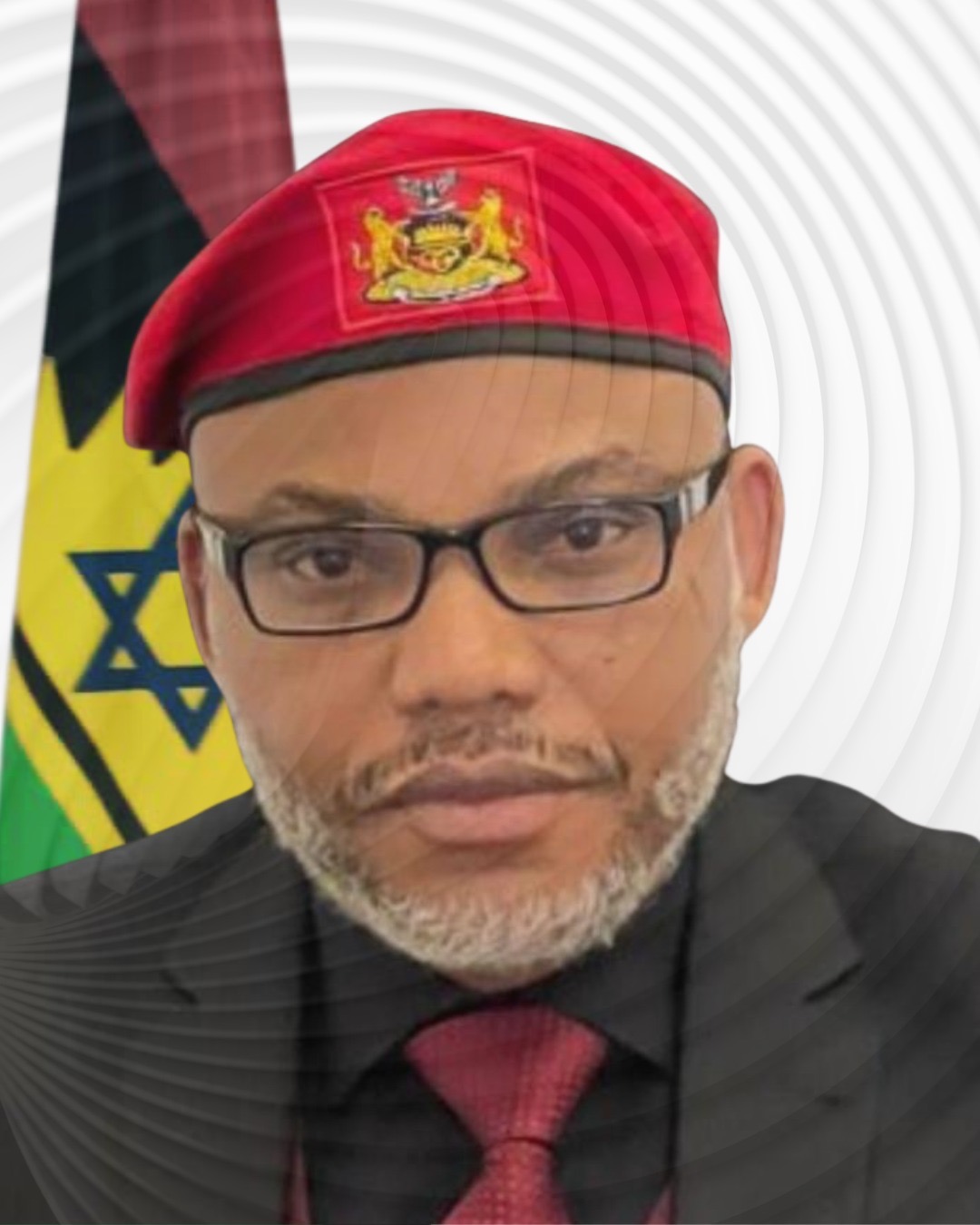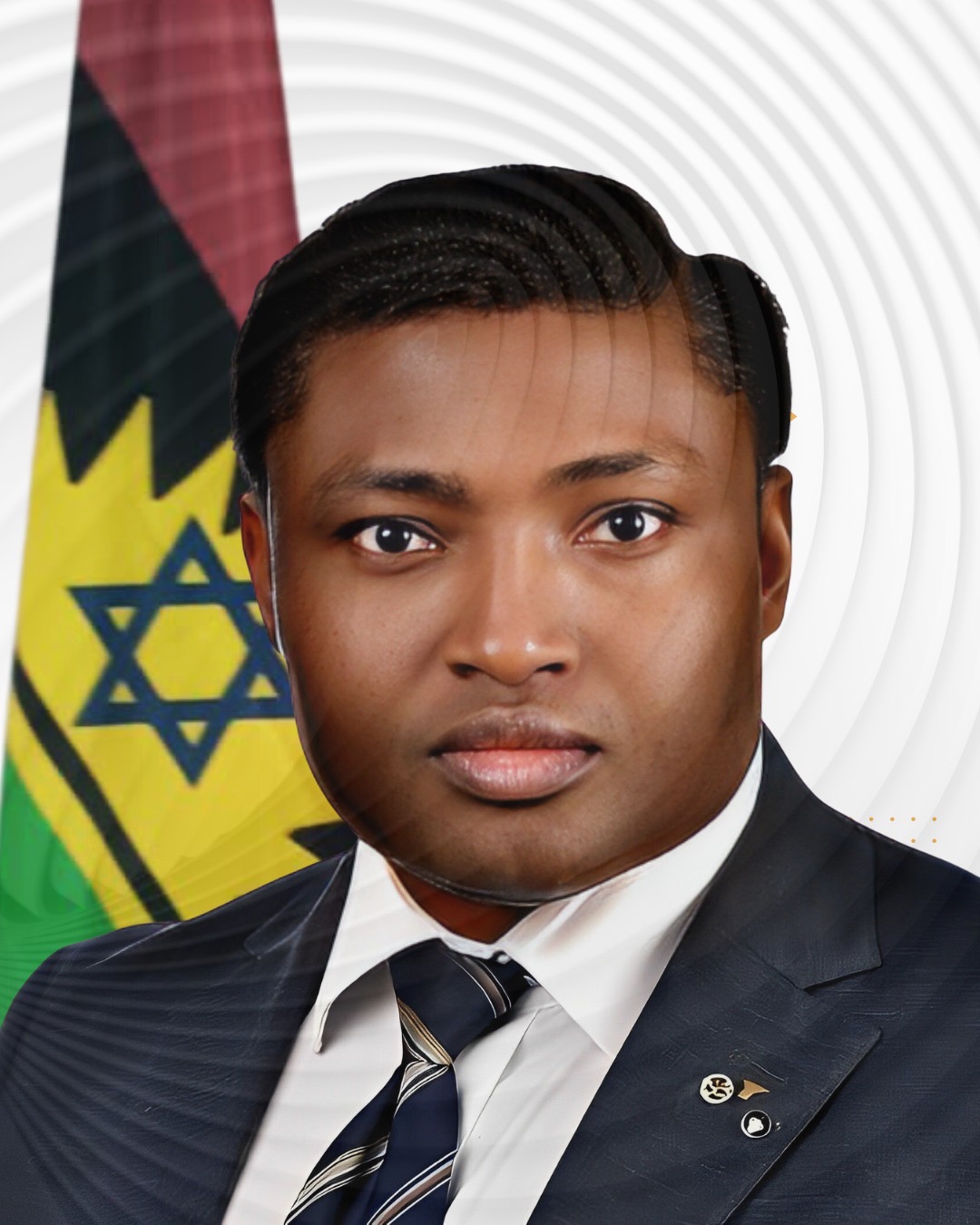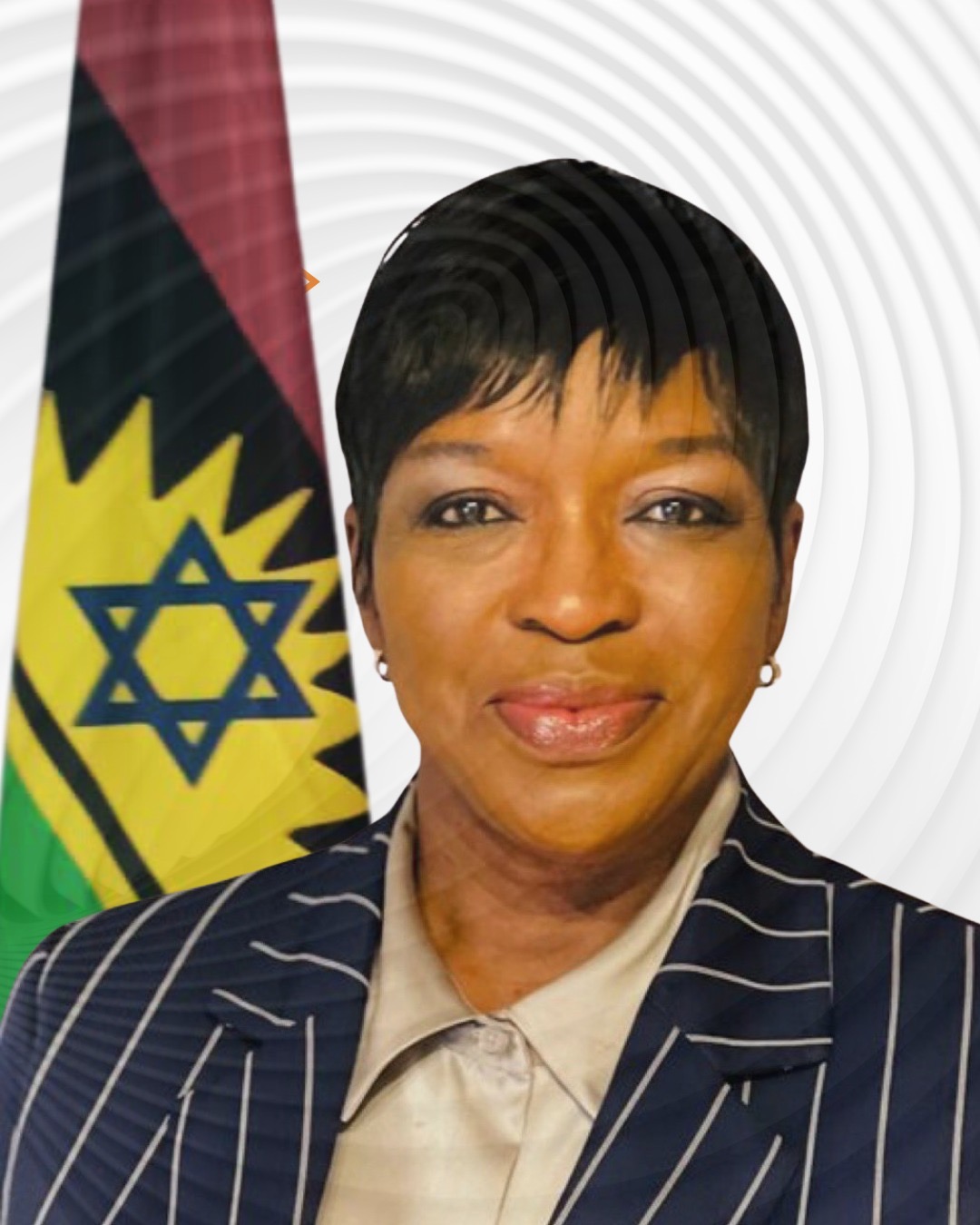National Leadership
The United States of Biafra leadership represents the organized political, diplomatic,
and advocacy front for Biafran self-determination, justice, and nationhood. This page
highlights key figures whose roles and commitments shape the Biafran cause.
Mazi Nnamdi Okwu Kanu

Mazi Nnamdi Okwu Kanu is a British-Nigerian political activist and the founder and leader
of the Indigenous People of Biafra (IPOB), a movement advocating for the restoration of
Biafra as a sovereign nation. Born on 25 September 1967 in Isiama Afara Ukwu, Umuahia,
he became a central voice of the modern Biafran struggle through Radio Biafra and sustained
campaigns against political marginalization in the former Eastern Region. His leadership,
sacrifices, and continued detention have made him a defining symbol of Biafra’s quest for
self-determination and dignity.
Simon Njoku Ekpa

Simon Njoku Ekpa is a Finland-based Biafran political activist and the
Prime Minister of the Biafra Republic Government in Exile. Born on 21 March 1985 in Ohaukwu,
Ebonyi State, he has been involved in pro-Biafra advocacy, international lobbying, and
digital mobilization for Biafran self-rule. Through media engagements and organizing
structures in exile, he presents Biafra’s case to the global community as a struggle
grounded in justice, human rights, and protection of Biafran lives and resources.
Dr. Ngozi Orabueze

Dr. Ngozi Orabueze is a healthcare professional and Biafran advocate serving as
Deputy Prime Minister and Chief of Staff within the United States of Biafra structure.
Known for her commitment to peace, equity, and community welfare, she brings experience in
public service and healthcare leadership into the Biafran self-determination project.
Her role emphasizes organized governance in exile, institutional coordination, and
protection of the rights and wellbeing of Biafrans at home and in the diaspora.
One Union. Many States. One Destiny.
A federal union of 40 autonomous states, united by sacrifice, faith, justice,
and the pursuit of knowledge and prosperity.
The United States of Biafra (USB) is envisioned as a modern federation where each state
governs its internal affairs while the federal government safeguards collective security,
foreign relations, justice, and long-term development. This overview introduces our
federal vision, institutions, and how states like the State of Alaudo fit within the union.
Official Flag & Symbols
Official Flag: Red • Black • Green with a golden half-rising sun and Star of David
at the center of the black stripe — symbolizing sacrifice, identity, hope, and covenant.
Structure of the Federal Government
Executive Branch
Provides national leadership through the Head of Government and Federal Cabinet.
Sets security strategy, foreign policy, economic direction, and coordinates with
autonomous states while upholding the federal constitution.
Legislative Branch
The National Assembly represents all states, enacts federal laws and budgets,
and ensures oversight. Its mandate is to reflect the will of the people while
protecting state autonomy within the union.
Judicial Branch
The Supreme Court of the Union and federal courts interpret the constitution,
safeguard rights, and resolve disputes between citizens, institutions, and states
with independence and integrity.
States of the United States of Biafra
The federation consists of autonomous states, each with its own government and laws,
working in alignment with the federal constitution. Listed states are subject to
formal recognition, ratification, and public proclamation.
Model autonomous state with active civic, administrative, and security framework
aligned with the United States of Biafra vision.
➤ Continue to next page:
State of Alaudo – Organizational Structure
